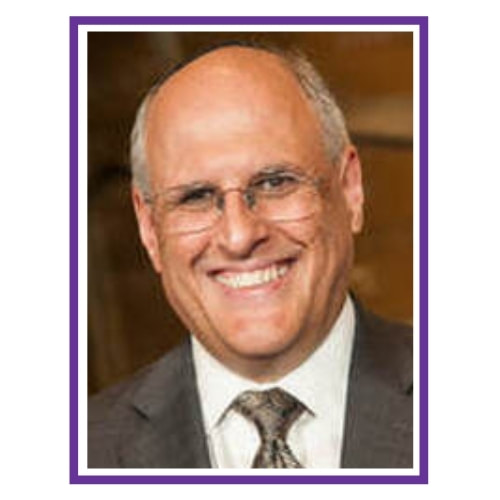 by Rabbi Harold Kravitz During this election season, we are expected to judge the character of those who will serve as leaders at every level of government. So how do we determine the quality of a person's character? New York Times columnist David Brooks, in his widely acclaimed book, The Road To Character, explores this issue observing that, "we live in a culture that focuses on external success. We live in a fast, distracted culture. We’ve lost some of the vocabulary other generations had to describe the inner confrontation with weakness that produces good character." Brooks suggests a person of character "radiates an inner light." While preparing a recent sermon on leadership and character, I realized there is no direct translation into Hebrew of the English word character, referring to the possession of a high level of moral standing. Looking for a good answer, I asked some fine Hebraists how they would translate the word. Earl Schwartz suggested adam yasher. This is like the name of our synagogue Adath Jeshurun, which we translate as "gathering of the righteous," a name we strive to live up to. Jonathan Paradise, the retired professor of Hebrew at the University of Minnesota who relishes this kind of challenge, initially suggested the term baal shiur komah, which he defined as “a respected, honorable, venerable person.” Our discussion settled on the term ba'al or ba'alat middot, a person who possesses good character. Middah means a virtue or character trait.
Examining our middot is central to the venerable Jewish discipline of character building known as Mussar. In modern Hebrew mussar refers to morality. The root sur is found in Psalm 34:15. The Psalmist asks, "what is the path a person should follow to live a good life/Mi ha ish hechafetz chayim?" and answers, “turn away from evil/sur me-rah and do good/va’aseh tov, seek peace/bakesh shalom, and pursue it/v’rodfei-hu." Psalm 34 reminds us that character building does not require us to be flawless, and surely we have abundant examples of Biblical characters who had their share of flaws. Rather, the work of character building requires us to acknowledge our failings and to honestly grapple with them. Israel Salanter, the 19th century Lithuania rabbi who significantly advanced the practice of Mussar, promoted it as a way of moving people from simply knowing the right thing to do, to helping them to find the psychological motivation to actually do it. That is the essence of the Jewish tradition of Mussar practice. Hineni, Adult Jewish Learning and Contemplative Practices - Talmud Torah of St Paul under the leadership of Sara Lynn Newberger, has developed Mussar classes including one at Adath this fall. I am honored to co-lead it with Sara Lynn, Cindy Reich and Jennifer Gray. We will use a curriculum created by Rabbi David Jaffe for the Institute for Jewish Spirituality called the Tikkun Middot Project- the Repair of Character Project, based on the ground breaking work of Alan Moranis and Rabbi Ira Stone and Mussar masters of previous generations. In addition to study, mindfulness practice and group discussion, class members will meet on their own in chevruta pairs between sessions to support each other's personal growth. The class runs mid-September through mid-March. While we expect leaders of all segments of our society to aspire to the highest possible level of character, in the end the best we can do is to first hold ourselves up to that high standard. Personal character improvement work is at the heart of what is expected of each of us during the approaching High Holidays. We welcome you to join our Mussar Program to advance this worthy goal. With God's help, and each other's support in mastering our Middot, we hope that we will be able to cultivate the kind of radiating inner light that David Brooks urges us to look for in our fellows. Registration Information: Free introductory session: Monday, September 19 at 7:30 pm Monday nights, 7:30-9:30 PM at Adath. Oct. 31, Nov. 14 and 28, Dec. 12 and 19, Jan. 9 and 23, Feb. 6, 13 and 27, March 13 Cost: $180 payable to the Adath. Sign up HERE If you cannot pay the whole fee, pay what you can. Contact Jennifer Gray at jenniferg@adath.net Comments are closed.
|
Who's writing?Adath clergy, staff, and congregants share Archives
April 2024
Categories
All
|

 RSS Feed
RSS Feed